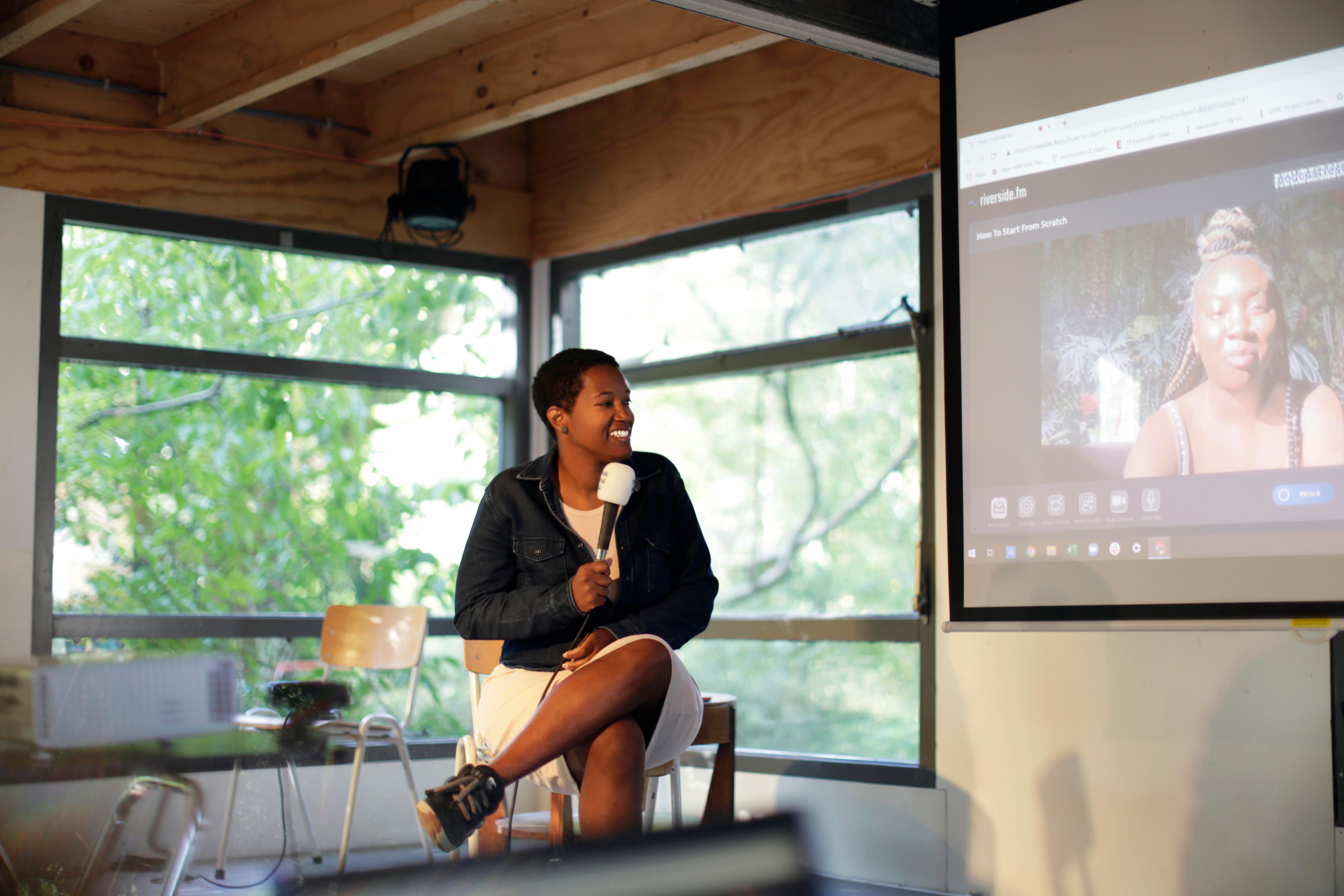350 reads
Starting A Podcast Production Company with Renay Richardson
by
September 30th, 2020
👋 I'm the VP of Growth Marketing here at Hacker Noon. I also make podcasts and write stories.
About Author
👋 I'm the VP of Growth Marketing here at Hacker Noon. I also make podcasts and write stories.
